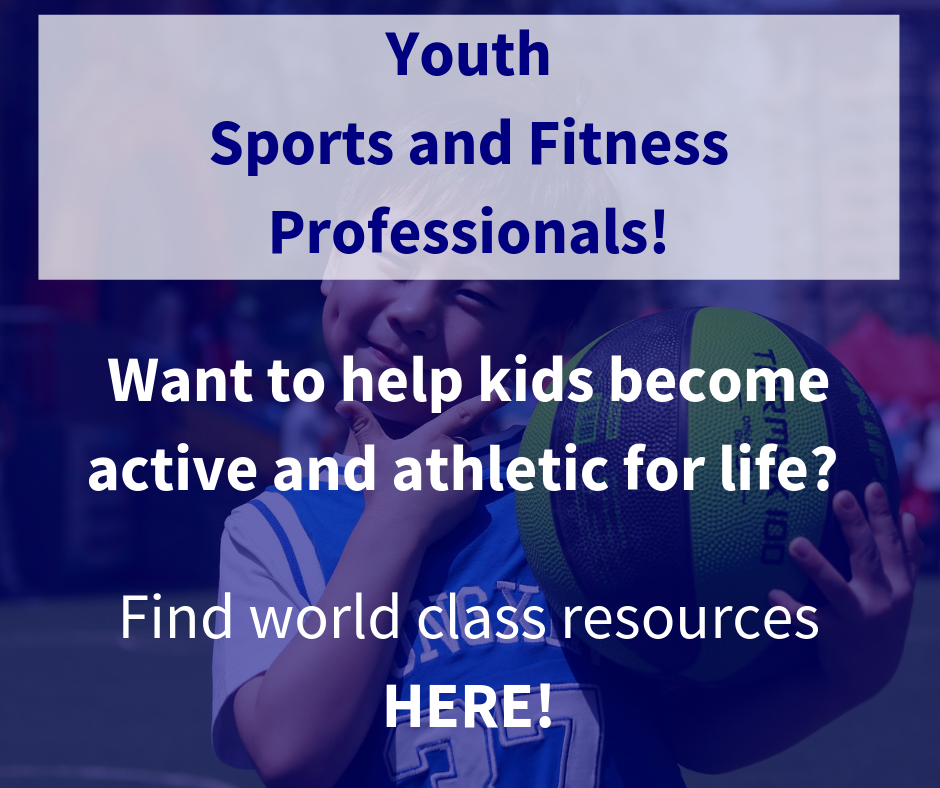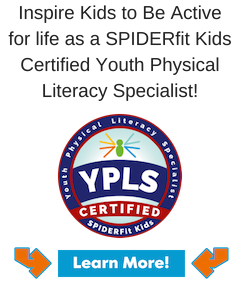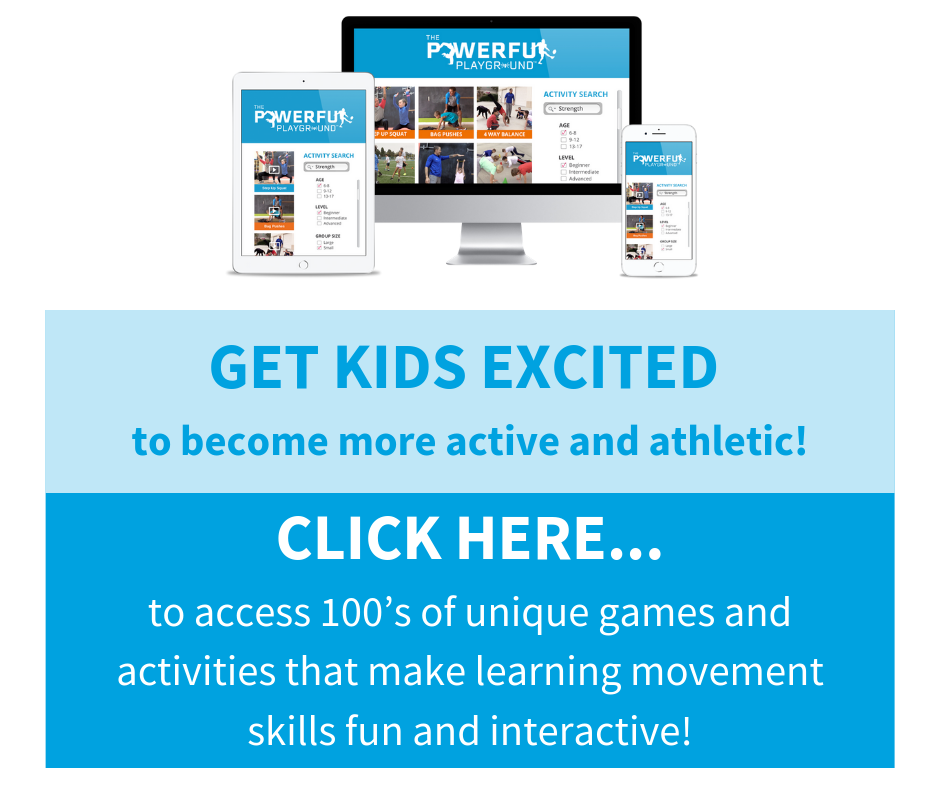As parents, we’ll do just about anything to give our kids a leg up on their future.
As a matter of fact, it seems that parenthood now is mostly ferrying kids from one private teacher or coach to another – all in the name of giving them a leg up on their future.
This “leg up” could manifest as greater opportunities for education, sports, career, and overall station in life. Ironically, many of the skills we hire professionals to hone with our kids are only the cherry on top of the “lifelong-success” sundae.

If you’re part of the modern athletic or business landscape, you’ve probably witnessed the phenomenon of a prospective young player or employee whose skills check out on paper (the right schools, grades, teams, etc.) but:
-
Their introduction involves a hesitant “dishrag” handshake
-
They won’t/can’t make eye contact
-
They’re late
-
They don’t ask questions or seem engaged with your interaction
Unfortunately, these simple shortcomings could void tens, maybe hundreds of thousands of dollars of specialized schooling, coaching, and other “leg up” investments when another candidate shows up prompt, engaged, and confident.
It would only make sense that if we really want to offer our kids an advantage in their future, we should prioritize skills like those listed above at home, in school, and in the athletic arena.
The Handshake

Kids, both boys and girls, should learn that a firm handshake goes a long way in displaying confidence, respect, and engagement. It’s a first impression of all of the above, so it’s important. This can be reinforced easily by coaches and parents.
Eye Contact
 Interpersonal communication skills are at an all- time low due to the virtual world of technology. Unfortunately, these skills are still critical in both sports and business. Appropriate eye contact is arguably the foundation of interpersonal communication. It displays important respect, honesty, and attention.
Interpersonal communication skills are at an all- time low due to the virtual world of technology. Unfortunately, these skills are still critical in both sports and business. Appropriate eye contact is arguably the foundation of interpersonal communication. It displays important respect, honesty, and attention.
Reinforcing eye contact with kids may mean we physically get down to their level to talk. It may mean stopping activity so eye contact can be achieved.
Promptness
 Consistently being late suggests that you can’t manage your time and you don’t respect others. If “late” is a your first impression, regardless of resume, you’re starting with two-and-a-half strikes. Are you always late for practice and still getting geared up while the rest of the team is warming up? You might be a talented athlete, but obviously not a leader or a quality teammate.
Consistently being late suggests that you can’t manage your time and you don’t respect others. If “late” is a your first impression, regardless of resume, you’re starting with two-and-a-half strikes. Are you always late for practice and still getting geared up while the rest of the team is warming up? You might be a talented athlete, but obviously not a leader or a quality teammate.
Your career will be hindered and likely shortened.
Asking Good Questions
Asking good questions is a higher level “ninja” skill to teach kids. I’ve found that when I’m interviewing a young adult for a position or opportunity, I’m impressed when they have a good response to “so, do you have any questions?” This not only means they listen, it means they were thinking about what they were hearing.
In sports, it shows a level of personal comprehension and processing. This is often one of those x- factors that coaches can’t teach. Asking good questions is also critical for interpersonal communication and problem solving.
 This skill can be hard to teach because it depends largely on a child’s level of comprehension. As adults, we can follow up instruction with questions like “what does that mean?”. We can also make asking a question part of an assignment after instruction. Of course, this depends on the age and number of kids we are interacting with at any given time.
This skill can be hard to teach because it depends largely on a child’s level of comprehension. As adults, we can follow up instruction with questions like “what does that mean?”. We can also make asking a question part of an assignment after instruction. Of course, this depends on the age and number of kids we are interacting with at any given time.
Children are naturally shy with adults. However, the above skills can help kids overcome this when consistently reinforced over time.
Whether you’re a parent, or one of the coaches that parents hire to give their kids a leg up, making the above skills part of your development program is a powerful step in creating lifelong opportunities for success.
Brett Klika CEO and co-founder of SPIDERfit is an international award- winning certified strength and conditioning coach, author, and motivational speaker with over 20 years experience motivating and inspiring youngsters to a life of health, fitness, and performance.
Brett consults with schools, athletic organizations, fitness professionals, and fortune 500 companies around the world.





Connect with SPIDERfit!